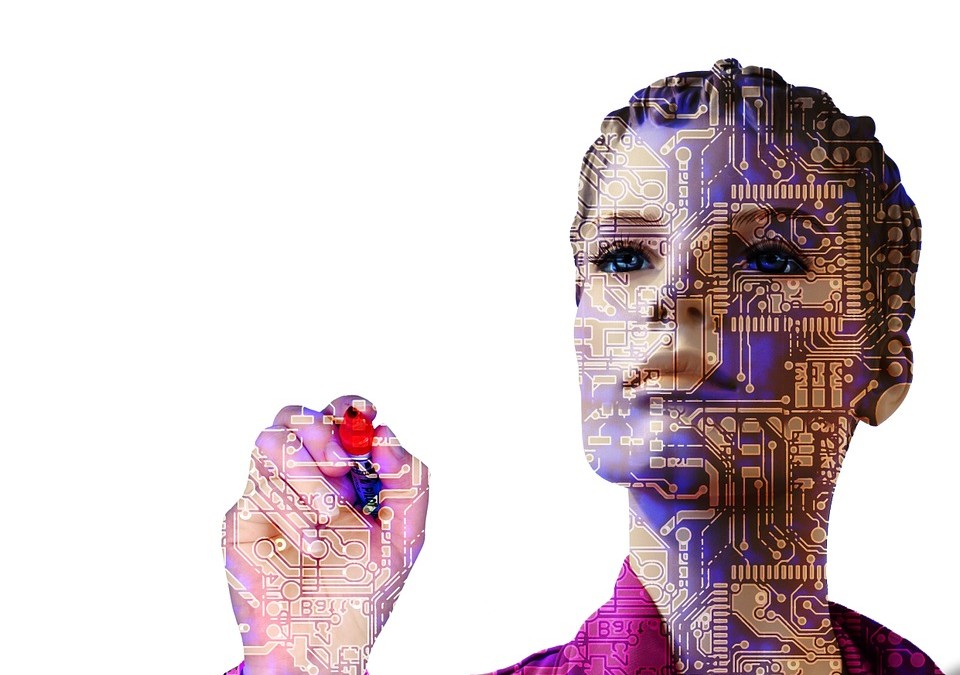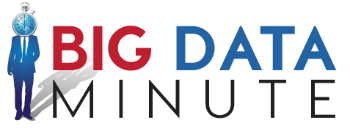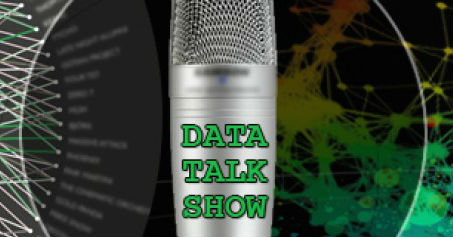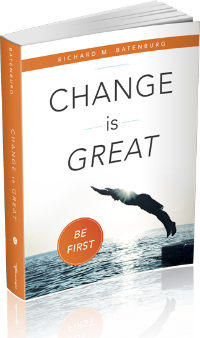
by Stephanie Rabinowotz | Feb 29, 2016 | Big Data, Business Transformation, Data Science
There is a glass with water in it sitting on a table- is the glass half empty or is it half full?
The way you answer the question above may determine how you think about IBM’s new solution for the high demand for data scientists. Data scientists are people who can analyze and control analytical programs that work to sort through large masses of data.
As the amount of data the world produces increases, the need for people who can sort through that data and make meaning of it goes up as well. IBM believes that they can aid this problem with their natural language analytics program which is predicted to be able to do the job of a data scientist.
This provokes the question, is this a good thing? Is this a means to an end or is this the beginning of a war between humans and robots for jobs?
Let us know what you think on our Facebook page!

by Stephanie Rabinowotz | Feb 26, 2016 | Big Data
Colleges are constantly competing to acquire more student than their rival schools. In today’s world how do colleges do this? Colleges obviously select their classes based off of the most accomplished students, but how do they gain the interests of these students in the first place? Big Data has become an extremely useful tool in the college recruiting process.
Colleges rely on big data not only in recruiting athletes for scholarships to better their sports teams and in return receive more publicity and popularity, but also in finding responsible young adults with the best potential to succeed. There have been reports about colleges stalking the social media sites of prospective students to determine which students are most likely to make it to graduation and which students are predicted to drop out.
Online schools most commonly use big data in recruiting as they rely on knowing who to reach out to over the internet. Considering online colleges are best for people who have easy access to a computer and to the internet, they target people who may be searching for “online masters degrees” or “programs with flexible schedules”. Once the college has determined who these people are, schools infiltrate these people’s daily lives by popping up in advertisements during their Pandora profile or on the borders of their social media profiles.
Big data is heavily utilized in the recruiting of prospective students and is becoming a main tool in determining acceptance. To learn more about how big data is being used in the recruiting world check out this interesting article about how big data is becoming the best resource for HR departments.

by Stephanie Rabinowotz | Feb 24, 2016 | Big Data, Business Optimization
Big Data is created from numerous devices, around the clock, every day. Big Data comes from watches, smart phones, televisions, computers, cars, social media sites, and even home appliances. Every where we turn there are devices creating data and sending it to the cloud to be stored.
Once this data is in the cloud it is stored there until a company decides to dig in and start doing some analysis. This reservoir of information is an extremely useful tool for organizations big and small. The issue is that with all of this separation between where data is created and where it ends, we begin to forget that Big Data is coming from humans. Real people, all with different lifestyles and beliefs are the ones producing this information every second of the day.
It is important for companies to remember that when they are working with Big Data, they are handling real people’s information. Crunching codes may just look like a lot of numbers and symbols, but each one of those characters represents a specific person. This is why there are so many discussions about security surrounding Big Data. Companies much remember that they are dealing with personal information that may cause harmful repercussions if released or used in the wrong way. A prime example is when Target alerted a young girl’s father that she was pregnant before the daughter got the chance to.
Although Big Data is a great way to gain information on large masses of people, we must always remember to put the people first.

by Stephanie Rabinowotz | Feb 22, 2016 | Big Data, Business Optimization
Big Data analyitics is intended to be used for the purpose of making connections and discovering insights that humans may miss or take longer to uncover. With the recent announcement that companies have been using Big Data to gain information on their own employees, it may be time to question the lack of limitations surrounding Big Data. Is it okay to use Big Data to spy on people ?
Big Data is used to study the behaviors of millions of consumers everyday so what makes this incident any different? When companies look at consumer behavior, it is done with the motive of ensuring customer satisfaction and retention by knowing what individualized customers want. The issue is that when companies use Big Data to spy on the behaviors of their employees, they are not doing it with the employee’s best interest in mind. Employers are studying their employees’ online activity to determine which individuals may be searching for other jobs, are more likely to develop a serious illness or even those who are planning to start a family.
Instead of encouraging company culture and facilitating open communication with employees, companies are taking the sneaky route to protect themselves from losing workers. It is understandable for companies to be concerned about losing employees and the need to maintain production, but does this give them the right to essentially spy on their own people? It is important to remember that big data is simply a tool and that it is up to the person using it to gain ethical insights, not sneaky ones.

by Stephanie Rabinowotz | Feb 19, 2016 | Data Science, Health Care
Cancer is a horrible illness that has been nearly impossible to figure out. Scientists have had a difficult time finding a cure for cancer because no two cases of cancer are the same. Everyone’s bodies are different and therefore, those who develop cancer do not have identical cancer cells. For researchers this means that it is just that much harder to figure out how to stop cancer because finding a link between cases is like finding a needle in a hay stack.
In the past it has been hard for researchers to gather data on cancer to study, but with the recent development of more advanced technology it is much easier to access information from many different cases. Now that there are easily accessible databases full of medical records concerning cancer, researchers have the resources to dig deeper into what could possibly take down cancer. The problem is that no matter how many researchers you have, it takes a lot of time to comb through large amounts of data in search of a tiny clue. This is where Big Data becomes a great tool for scientists and researchers. With the help of data scientists, Big Data analysis goes in and scans through large data sets to find connections and insights that we may not have caught. Not only can Big Data analysis dig more deeply, but it can do this searching much more quickly than we can.
Big Data allows researchers to focus on connecting the dots between significant findings from the data and apply it to a possible cure. Research can become very expensive the longer it goes on, which is why Big Data can be a valuable asset to potentially find a cure faster. Big Data is a great tool for speeding up processes that could otherwise be very tedious. To learn more about how Big Data is doing big things, check out these informational articles!











Recent Comments